The way we use resources and deal with business waste looks set to change in the next few years.
The UK government is consulting on its ambitious new Resources and Waste Strategy for England which aims to move to a more circular economy.
The goal is to keep resources in use for longer. However for that to happen, businesses and households must all reduce, reuse, and recycle more than we do now, the strategy says. That means rethinking the way we deal with business waste.
The proposed changes would bring England into line with similar arrangements in Scotland and Northern Ireland.
In the strategy, manufacturers and producers bear a heavier financial burden for the pollution they cause.
There are also new economic and regulatory incentives to deal with commercial rubbish collection the right way, combined with better infrastructure and information.
The government report on waste strategy resources looks at eight key areas:
- The management and recovery of resources
- Production sustainability
- Tackling waste crime
- Consumer behaviour
- Cutting food waste
- Research and innovation
- Britain’s role globally
- How progress will be measured
Ultimately, the strategy’s aim is to double the productivity of resources and eliminate any avoidable waste by 2050.
What are the implications of the new strategy?
- You’d need to have more than just a general business waste collection. In fact, you’d need at least to ensure you have a mixed dry recycling collector and a food waste collection in place. A set of dry, mixed materials which are recyclable would be designated by the UK government. This would include plastic pots, trays, and tubs, plastic bottles, glass bottles, jars, paper, card, metal cans, and metal caps. Having a separate food waste collection would reduce greenhouse gases from landfill sites.
- Difficult to recycle waste would need to be separated from the other recycling to ensure there is a consistency about the amount of waste being recycled. This should be collected separately, where there are options for recycling.
- Packaging waste producers would be expected to fund the net costs of dealing with the waste they put into the market fully. A new source of funding for council collections would help deal with packaging waste. There would also be incentives to reduce the amount of hard-to-recycle or unnecessary packaging. This would encourage producers to invest in sustainable packaging and help increase recycling rates from the current level of 70%.
- There would be a deposit return scheme which would help tackle waste from the drinks industry, particularly drinks taken on the go such as water bottles and coffee cups. Government research has shown this could increase recycling rates of these items by 20%. Consumers would pay a deposit where they buy the drink. Retailers would need to consider how they would combine the new DRS money returns with their till operations and manufacturers would need to think about where and how they would store and then process returned drinks containers.
- The strategy suggests a plastic packaging tax for packaging with less than 30% of recycled materials. This could spur businesses into looking for new packaging options.
Is your business ready for the potential changes to business waste collections and recycling? If you need the advice of our experienced waste consultants call our Inspire Waste team on 0800 002 9282.





